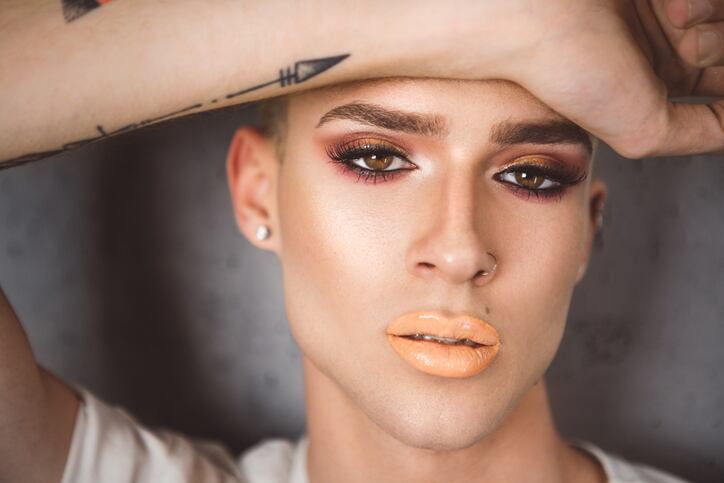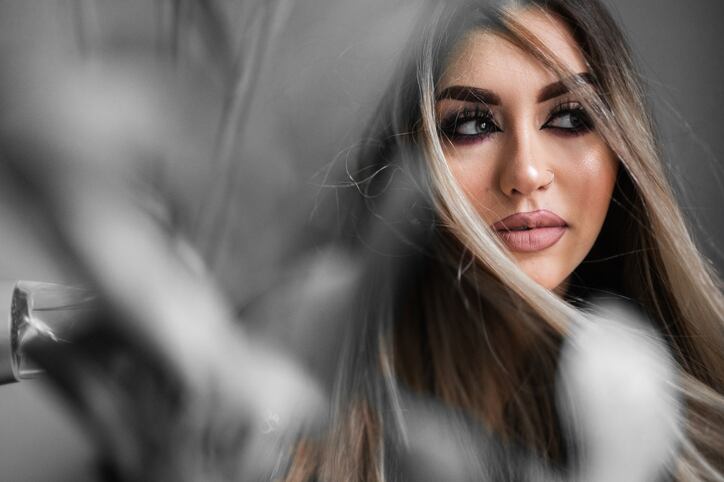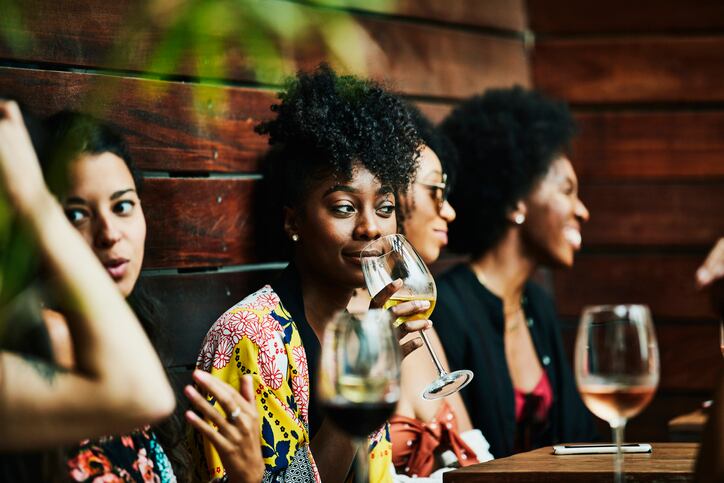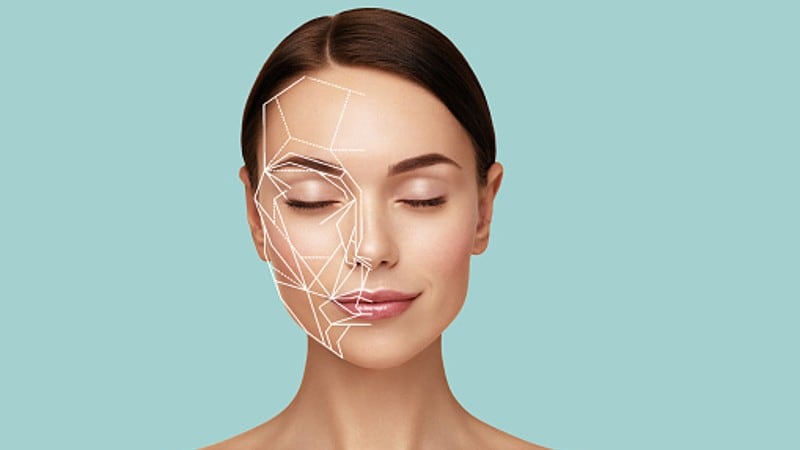Announced yesterday, the investment came after several years of collaborative work between the two companies to develop a smart eyebrow makeup applicator L’Oréal Brow Magic, launched at this year’s CES tradeshow last week. Established in 2015, Prinker was the brainchild of three ex-Samsung Electrics employees who had designed, from scratch, a temporary tattoo device with the goal to “inspire consumers and offer new tools for self-expression”, according to L’Oréal.
Investing in ‘high-end technology startups’
Barbara Lavernos, deputy CEO in charge of research, innovation and technology at L’Oréal, said the company was continuing to partner with “high-end technology startups to create the future of beauty”.
“Through this strategic investment, we can fulfil our deep commitment to bringing breakthrough beauty technologies that truly empower boundless personalisation and self-expression into the hands of every person,” Lavernos said.
Luke Yun, co-founder and CEO of Prinker, welcomed the deal, noting that L’Oréal’s “century-long heritage of beauty, research and development, and sharp focus on beauty technology” would allow Prinker to “reach more consumers than ever before”.
Wider uptake to empower self-expression
Speaking to CosmeticsDesign-Europe last year at Cosmoprof Worldwide Bologna, Kevin Seo, marketing manager at Prinker, said market acceptance and uptake was certainly the company’s biggest challenge, given its temporary tattoo printing device was such a niche and new concept.
The one-of-a-kind cosmetic ink printer had been designed to offer beauty consumers a smart new means of self-expression, offering a range of more than 14,000 designs via its app and the opportunity for users to design and upload their own designs that could be printed onto skin in about 10 seconds.
“You can express yourself by displaying any design on your skin – any design, whenever you want, wherever you want. So, that’s the angle we’re targeting,” Seo said.
Up until now, he said beauty consumers had largely been expressing themselves through makeup and fashion choices, but the goal of Prinker was to offer another means for self-expression and plug a gap in this market. Each temporary tattoo lasted one to two days, washing off with soap but remained resistant to water and sweat, he said.
“I think beauty tech has always been a very saturated market, so that’s why we’re trying to give a new angle in this beauty tech space.”
The era of unconventional beauty standards
This matched Mintel’s 2023 predictions that the beauty space now offered a ‘no rules environment’ for experimentation as consumers sought out ways to reinvent themselves and express individuality.
“Bold makeup, colourful hair dye and more of a focus on the ‘me’ will appeal to those who want to show off their individuality and creativity,” said Simon Moriarty, director of trends for EMEA at Mintel.
And individuality and creativity had certainly been touted to boom over the next few years across beauty. Post-pandemic, the category was already seeing shaved heads, no eyebrows and messy makeup trending amongst Gen Z consumers as stereotypical depictions of beauty continued to morph.
“There’s a subcategory of people kind of owning conventionally unattractive signs of beauty, and it being celebrated,” said Kimberly Howard, semiotics director and trends expert at research agency Verve who identified a clear future for ‘unconventional’ beauty last year.




